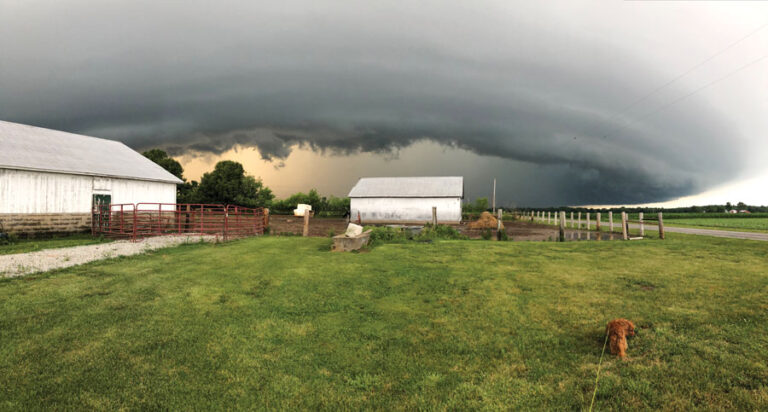Trade laws and, ultimately, imposing tariffs are designed to protect American interests and jobs. That’s a concept everyone can agree on.
But what happens when those laws and tariffs have the opposite effect? That’s an issue that’s playing out in D.C. with the Department of Commerce and the International Trade Commission.
A lone newsprint mill in Washington state, owned by a New York hedge fund, brought a complaint to the International Trade Commission (ITC) alleging unfair trade practices against Canadian producers of newsprint. NORPAC claims that production of Canadian newsprint is subsidized by the government and that it is sold in the U.S. below its fair value.
Most likely the paper on which you read your local newspaper was produced in Canada.
This year the Department of Commerce has imposed two preliminary tariffs that have increased the price of newsprint for some newspapers by more than 30 percent. This summer, both agencies will explore whether this temporary tariff should become permanent. In particular, the ITC will have a hearing in July to hear testimony from both sides of the issue.
Presently the only one supporting the tariffs is the petitioner, whereas a coalition of newspapers, commercial printers, the majority of U.S. and Canadian newsprint producers and their trade association, community groups and even members of Congress are strongly opposed to these tariffs. A joint letter signed by all the members of the House from Illinois was sent to the ITC opposing the tariffs. All 18 House members are in support of our efforts and that makes a strong statement when members from both parties are in complete agreement on an issue.
If this tariff is made permanent, trade laws that are intended to protect American jobs and interests will have the opposite effect. For newspapers, staff and newsprint are the largest expenses. Faced with those kinds of increases, newspaper publishers throughout Illinois and the rest of the country will have to make hard decisions that will ultimately impact the coverage of local issues and the staff that report on those issues.
A survey conducted by the Illinois Press Association in May illustrated the harmful effects of the tariffs if they are made permanent. Over 50 percent of the member newspapers responded. Among the findings, 68 percent responded that they would reduce the number of pages they publish, and 60 percent would reduce the size of their staffs.
Newspapers play a critical role in the communities they serve. Countless local organizations rely on their local newspaper to get their message to readers whether it’s the local United Way or church group. Space devoted by newspapers for this type of coverage will be at a premium and publishers will be forced to limit or completely eliminate this critical public service.
Presently there isn’t enough newsprint produced in the U.S. to meet the demand of the industry. Given the fact that newsprint consumption has dropped by more than 75 percent since 2000, no U.S. producer is going to invest in starting a newsprint mill. Mills cost hundreds of millions of dollars to build and take years to come into full production.
If these tariffs are made permanent, the New York hedge fund wins as it now has increased the value of its asset, and the federal government wins as tariffs collected go to the Department of Commerce.
Sadly, Illinois and the rest of the country will lose as local newspapers will be impacted, and those people, events and issues that newspapers report on will lose as well.







